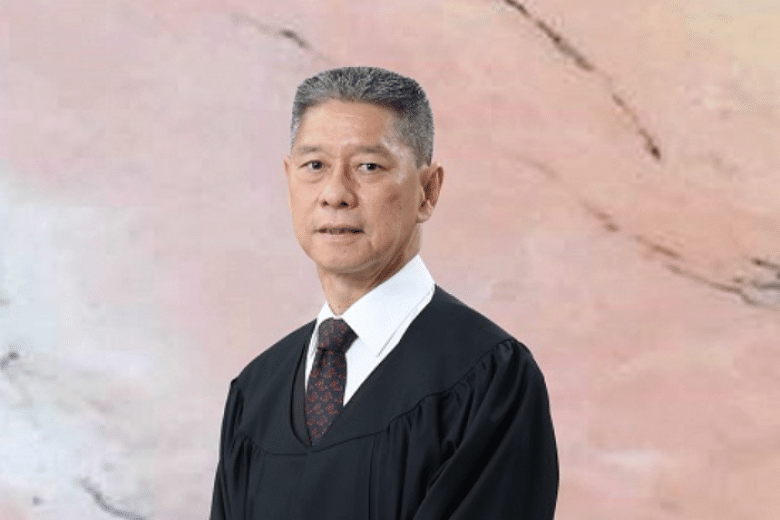SINGAPORE - A High Court judge, underscoring a key issue that makes a court martial different from a civilian trial, has said the military process has to keep a balance between morale and discipline in dealing with an accused soldier.
Justice Choo Han Teck , who is also president of the Military Court of Appeal, said that in theory, morale and discipline are straightforward concepts and should have no separate meanings in times of peace and in times of war or conflict.
But in practice, ground events may be unforeseen and occur spontaneously outside all military planning, he said, citing among other things the fall of Saigon in 1975 when the US military was evacuating Americans and allies.
His remarks were made last month in a speech - titled Ensuring Fair Court Procedures For Commonwealth Militaries: A Collective Responsibility - at a virtual conference held by the Commonwealth Magistrates' and Judges' Association.
Justice Choo said that when Saigon fell on April 30, 1975, there were not many operating procedures in place, "but whatever there were, did not seem to help because in the crisis of the moment, people forget, or simply have no time to adhere to general orders".
It transpired that many orders were not obeyed, he noted.
"No one was court-martialled for what they did in Saigon in the last days in Saigon. But the point is that what goes on in the battlefield should be matters that military justice must contemplate long before the battle begins," he said.
Events in Saigon showed that, in conflict situations, there may be no time to consider a court martial protocol, he added.
"What is morale and what is discipline become gut issues depending on whether the soldiers in the field had guts or not."
The judge stressed that military justice must be considered from the practical aspects of morale and discipline in the heat of battle, so that decisions relating to a court martial for events that take place under those circumstances can be justified in terms of the relevant and applicable legal concepts.
He said: "Discussions on this subject may also need to be expanded to include training in areas such as psychology, and even ideology, for justice to be meaningful.
"And, most importantly, so that field officers may make the right decisions in the heat of battle."
Courts martial would then be able to discuss the context of such conduct fairly, he said.


